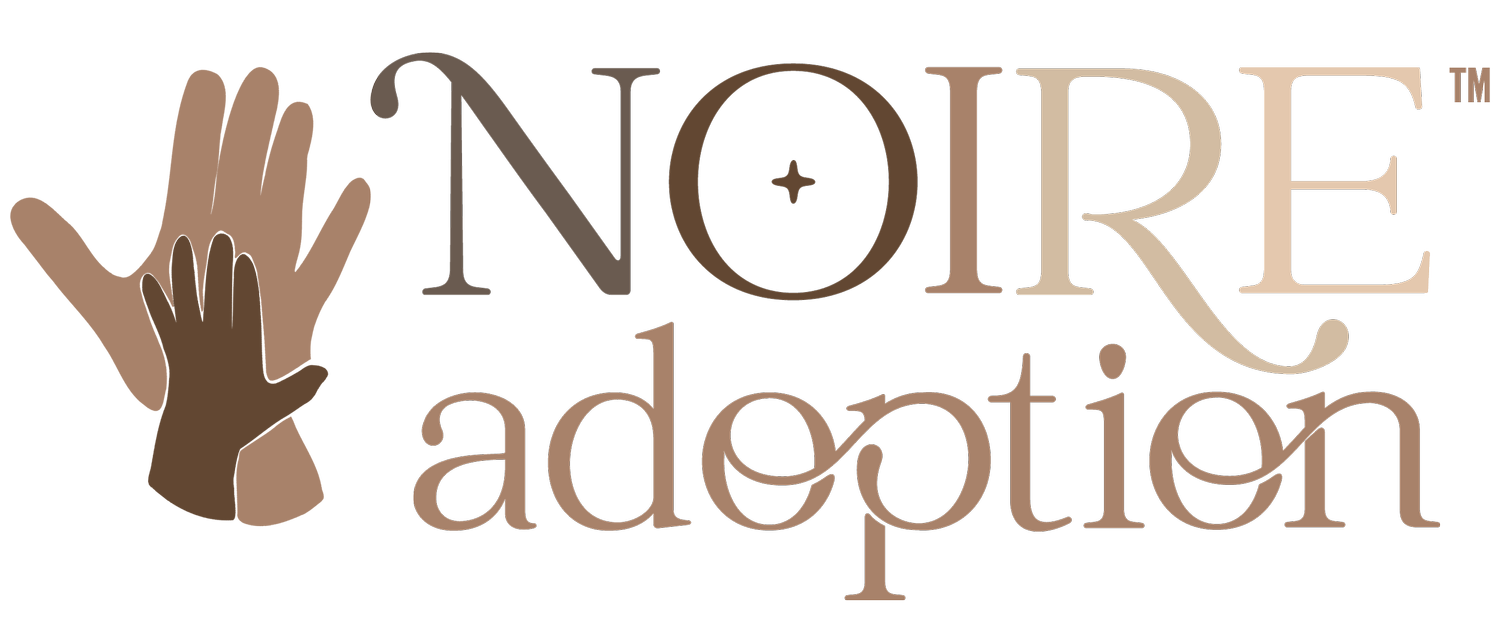Pregnant with a Black or biracial baby and considering adoption?
An unplanned pregnancy is hard enough already, finding a Black or interracial family to raise your child should be simplified. Whether you’re not interested in being a parent or unable to provide a stable and secure home to your Black or biracial child there are amazing Black and interracial couples ready to adopt in our community.
We believe culture does matter and the option to place a child in a home with similar cultural and ethnic backgrounds is crucial to developing a sense of identity and feeling as though they truly belong.
We have the largest database of Black/biracial and interracial couples out of any adoption agency or adoption profile hosting site.
Why We Push So Hard For Black Adoption
There is a growing awareness in the adoption community about the importance of placing Black/biracial babies with Black/interracial adoptive families. While private infant adoption has been a popular option for couples who struggle with infertility or those who want to expand their families, it is vital to recognize the significance of matching Black infants with Black adoptive families. Studies show that children who grow up in homes that reflect their cultural identity and heritage have better outcomes in terms of mental health, self-esteem, and overall well-being.
Black adoption is an essential aspect of private infant adoption that has been overlooked for far too long. Usually, babies get placed with whoever is willing to pay the expensive adoption fees, white couples. Placing Black babies with Black adoptive families ensures that they have access to a supportive and nurturing environment that recognizes and values their racial and cultural identity. Additionally, it provides them with role models who understand their unique life experiences and can provide them with guidance and support as they navigate their journey.
It's also crucial to note that transracial adoption, or placing Black babies with non-Black families, can lead to cultural disconnection and identity confusion. Black children who grow up in non-Black households may struggle to develop a sense of belonging and may face discrimination and racism in their daily lives. By placing Black babies with Black adoptive families, we can ensure that they grow up in a safe and supportive environment where they can thrive and develop a strong sense of self. Colin Kaepernick, a famous transracial adoptee, recently shared in interviews that even though he is biracial and was adopted by white parents there was still racism perpetuated in the home. Telling him he looked “like a thug” when he grew his hair out for cornrows. It shows that you can adopt a Black child and still be racist. Are all white adoptive parents racist? Absolutely not, but there is a staggering amount that are.
We believe it is essential to prioritize Black adoption and ensure that Black babies find homes with Black adoptive families. By doing so, we can help ensure that these children grow up with a strong sense of identity, belonging, and self-worth, which are vital for their mental and emotional well-being.
View Parent’s Profiles
Check out some of the profiles for our waiting families. See someone you like? Click the button at the bottom of their page to start a connection.
Frequently Asked Infant Adoption Questions
-
Absolutely not. You should weigh all of your options when it comes to parenting and bringing life into the world. At the end of everything, the choice should be YOURS. You can look through profiles and even talk to prospective couples without promising to place your baby with them. Just be honest and let them know you’re still considering your options.
-
No. Every state has a punitive paternal registry they will update. If he doesn’t come forward and establish paternity you shouldn’t have any issues. We know there are a various circumstances that lead to this and we’re not here to judge.
-
Yes, you can. A lot of our couples are home study approved for up to toddlers.
-
21 weeks is recommended as the earliest. This is to make sure you pass the time you’re at the highest risk for miscarriage. It also gives you more time to think about and look into your options.
-
We have “traditional” heterosexual couples, same-sex couples, and single moms.
-
The birth mother and adoptive parents do not have any contact with one another. When the child is 18 they may try to get their adoption records and/or do an ancestry search. If you don’t want the child to look for you let the couple know beforehand the adoption is closed.
-
The birth mother and adoptive family have contact through letters/emails, and photo updates throughout the child’s life. Most parties agree to in-person meetings at some point throughout the child’s life. This can evolve into an open adoption.
-
The birth mother and adoptive parents have ongoing contact throughout their lives. In-person visits happen 1-4 times per year. Regular phone calls and video chats can happen in between.
-
If you don’t have insurance then you should sign up for Medicaid. Each state has different requirements on what medical expenses are allowed to be paid by the hopeful adoptive couple. Some states allow reimbursement of fees remaining after insurance and Medicaid (secondary insurance).
-
No, we’re a networking community where expectant moms can connect with couples outside of an agency. Noire Adoption started as a place where genuine connections can be made between expectant moms and hopeful parents free from pressure.
We don’t pick adoptive parents for you and will make no attempt in influencing the outcome of an adoption placement. We do not place the baby for you, the adoption professional hired to assist will discuss how the placement will occur based on your individual case.
Contact us.
If you want to our social worker or just have questions about how the platform works we’d be more than happy to assist you. We won’t share your information with any 3rd parties.







